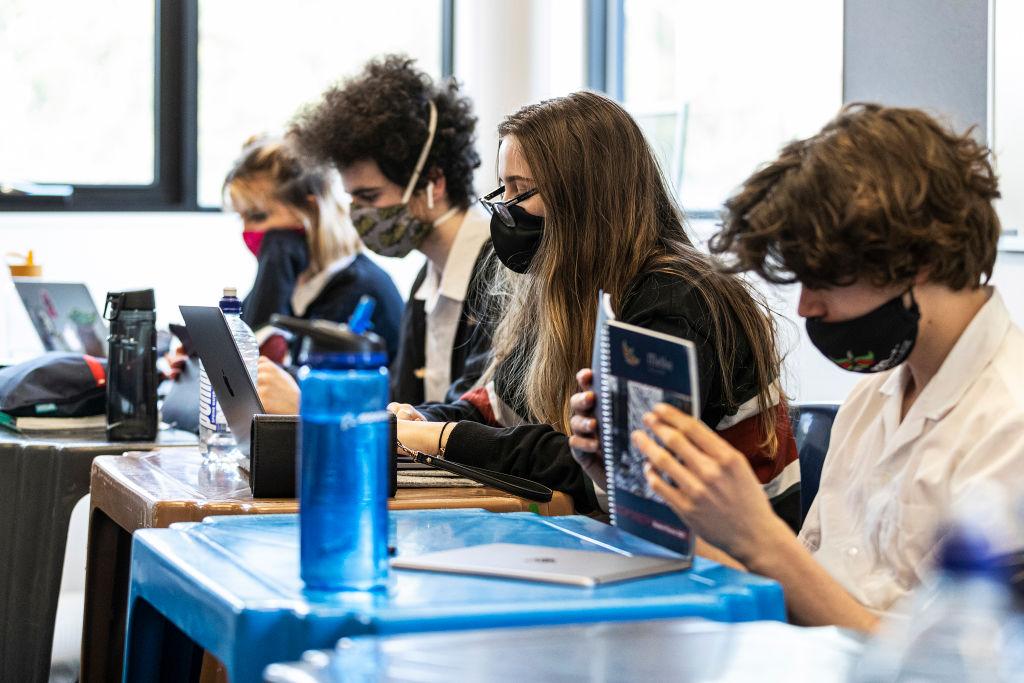With a new term just around the corner, early childhood experts are encouraging parents to focus on their child’s wellbeing, especially in the face of another potentially challenging year.
University of South Australia’s Professor Marjory Ebbeck advises parents not to neglect their child’s mental health even out of lockdowns and when restrictions appear to be easing.





